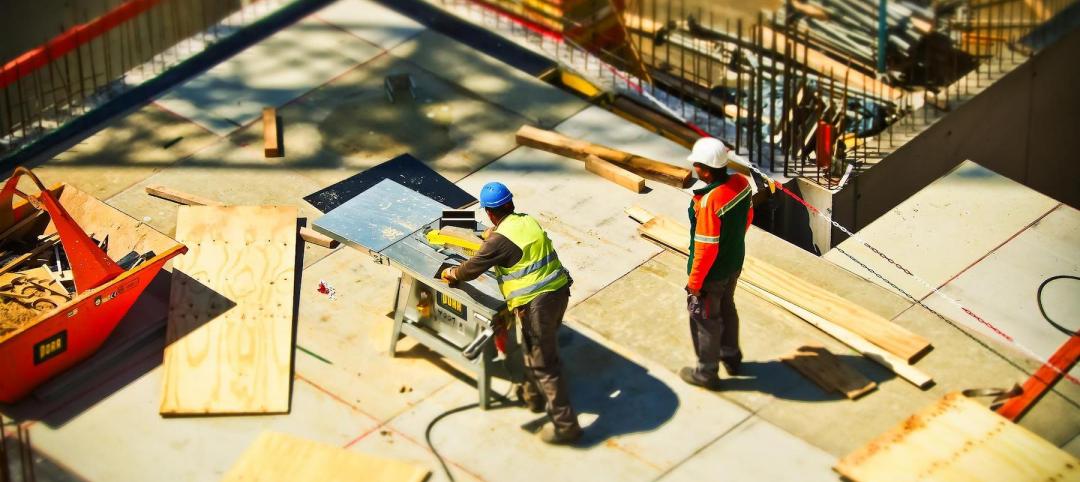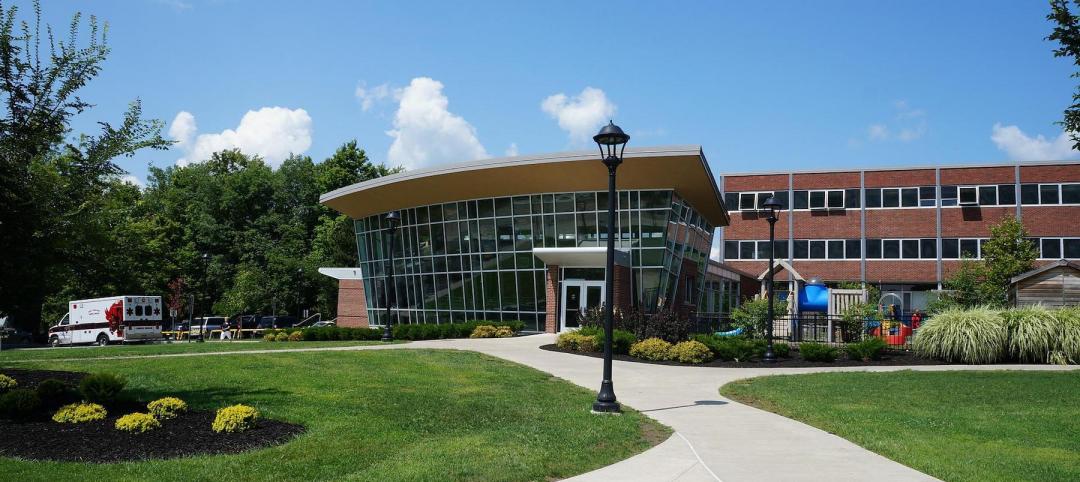The American Concrete Institute’s completely reorganized ACI 318-14, “Building Code Requirements for Structural Concrete and Commentary,” is open for public review for a 45-day period.
“Members of ACI Committee 318 have been actively working on this completely reorganized Code for over 10 years, and have collectively dedicated over 96,000 work hours to improve its usability and increase confidence among all Code users,” said Randall W. Poston, Ph.D., P.E., S.E., Chair, ACI Committee 318. “The committee encourages Code users and those interested in ACI 318 to visit the web portal at www.concrete.org/ACI318, download and review the complete draft of ACI 318-14, and provide the Institute with insight and comments for further improvements by June 17, 2014.”
ACI 318-14 has been reorganized for greater ease of use and to address design requirements for specific member types, such as beams, columns, walls, and diaphragms. All design provisions for a specific member type are contained within a single chapter. The committee also enhanced the readability of the document.
Many lengthy provisions were parsed into multiple shorter provisions addressing single requirements, and several provisions were defined using tables. The increased use of graphs and tables instead of text provides clearer presentation of the information. Code language was edited for consistent use of terms and symbols.
Significant highlights of the new ACI 318 include:
· Improved language and style consistency
· Improved logic and flow of information
· Member-based organization to quickly locate relevant code information
· Construction requirements centralized in one chapter
The 2014 edition of ACI 318-14 “Building Code Requirements for Structural Concrete” is expected to be available in fall 2014, and be referenced in the 2015 edition of the International Building Code.
Related Stories
Codes and Standards | May 16, 2022
AIA releases Justice in the Built Environment guide
The American Institute of Architects (AIA) recently published a new supplementary edition of the Guides for Equitable Practice, titled “Justice in the Built Environment.”
Codes and Standards | May 12, 2022
Solar industry creates non-profit to remove barriers to clean energy deployment
The Solar Energy Industries Association (SEIA) is launching a 501(c)3 non-profit organization to accelerate the transition to carbon-free electricity.
Green Specifications | May 12, 2022
MG2’s Sustainable Materials Evaluation System
Learn how MG2’s Sustainable Materials Evaluation System helps clients, prospects, and staff choose the most environmentally feasible materials for their building projects. Candon Murphy, LEED GA, Assoc. IIDA, Design Lab Manager and Materials & Sustainability Specialist with MG2, speaks with BD+C Executive Editor Rob Cassidy.
Esports Arenas | May 11, 2022
Design firm Populous partners with esports company on digital art NFT collection
Design firm Populous and multidiscipline esports organization Kansas City Pioneers have partnered on a five-part NFT collection.
Market Data | May 10, 2022
Hybrid work could result in 20% less demand for office space
Global office demand could drop by between 10% and 20% as companies continue to develop policies around hybrid work arrangements, a Barclays analyst recently stated on CNBC.
Standards | May 9, 2022
New GSA standards set carbon limits on building materials for all major projects
New General Services Administration standards place limitations on high carbon-emitting building materials for all major projects under the GSA umbrella.
Higher Education | May 5, 2022
To keep pace with demand, higher ed will have to add 45,000 beds by year-end
The higher education residential sector will have to add 45,000 beds by the end of 2022 to keep pace with demand, according to a report by Humphreys & Partners Architects.
Legislation | May 4, 2022
Washington is first state to mandate all-electric heat for new large buildings
Washington recently became the first state to require all electric heat for new buildings.
Sponsored | Healthcare Facilities | May 3, 2022
Planning for hospital campus access that works for people
This course defines the elements of hospital campus access that are essential to promoting the efficient, stress-free movement of patients, staff, family, and visitors. Campus access elements include signage and wayfinding, parking facilities, transportation demand management, shuttle buses, curb access, valet parking management, roadways, and pedestrian walkways.
Codes and Standards | May 3, 2022
American Institute of Steel Construction updates environmental product declarations
The American Institute of Steel Construction has released updated environmental product declarations (EPDs) “to help designers and building owners design more environmentally friendly buildings and bridges,” according to an AISC news release.
















